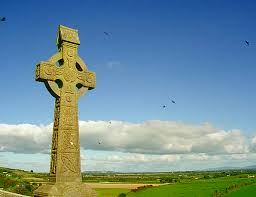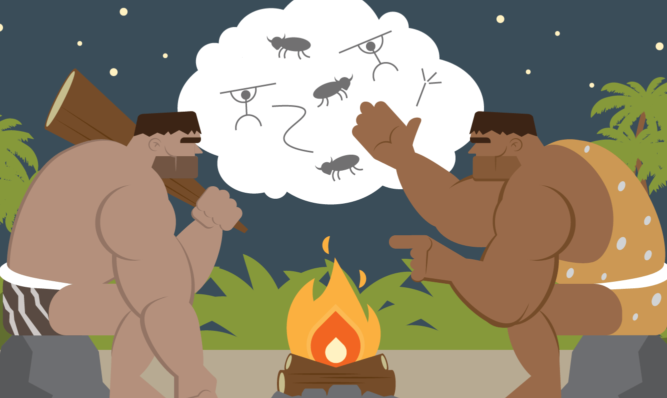
Can You Inherit Faith, Like Silverware?
I’ve often wondered what motivated my grandmother, Julia McNulty Carney, to communicate with a cousin in Ireland she had never met. And this was in the age of “slow mail.” There was no email, messaging or WhatsApp.
But her doing so opened a channel for me and my family that has proven invaluable. At about 10 years old at Julia’s urging, I started to write the same cousin – an already elderly woman in the town of Dromore in Northern Ireland – that led to knowing and loving an extended family I hadn’t known existed. As a result, our American family have kept in touch – including mutual visits – with our Irish cousins.
On both sides of the Atlantic, belief seems to have faded, but the relationship has helped us on the American side at least understand where we come from, literally and figuratively. And in my view, faith is our most important Irish inheritance.
Whether the Faith Fits You
Obviously, you can’t “inherit” faith like you can a set of silverware. At some point you have to decide for yourself whether the faith fits you, and you the faith. Sometimes it’s a conscious decision. More often, I suspect, it happens without much thought. More on that later.
I recall my first visit to the Dromore McNultys when I was 18 years old. Owen McNulty and his wife, Catherine, walked several miles in the rain to meet me and my companion at Sunday Mass. Owen was, I guessed, in his mid ‘60s. He stood about 5 foot, six inches, wore a worn tweed “sport coat” over a wool tie and a sweater that had a hole in the front the size of a softball. His accent was so thick I had to listen carefully to understand him. Catherine, I recall, was even smaller and had very thick glasses.
Owen and Catherine had a 40-acre plot that appeared to consist of at least 39 acres of rock. They were so poor they “grazed the long acre,” meaning their two or three cows, tied by ropes that had to be moved regularly, grazing the road ditches. Their two-room house was home to Owen, Catherine and two sons. It had a chimney but no flue, so the smoke from the hearth worked its way around the thatched ceiling until it found the chimney hole. Not surprisingly, the winter clothes they had hung over the rafters were filled with soot.
The church, St. Dymphna’s, was packed on that ordinary Sunday, women and children up front, men wearing their Wellingtons – the high-top rubber boots favored then by Irish farmers – gathered at the back and at the door. The mass was in Latin, as were all masses all over the world before the Vatican Council that would open in Rome a couple of years later. It would allow mass in English and other modern languages.
Vital Part of Their Lives
But the language seemed to have little effect on the congregation’s fervor. Some were undoubtedly there out of a sense of obligation, but there was no doubt that their faith – uninformed and tentative though it may have been – was a vital part of their lives. And, I believe, it made their lives meaningful and, overall, better than it otherwise would have been.
For me, that trip to Ireland was, among other things, a demonstration of the value of faith, even though I would spend years wrestling with doubt. The faith of my great grandparents and their contemporaries helped them to eventually overcome poverty, provide the courage to emigrate and hope for lives that may have seemed hopeless.
Relatable
Several months ago, the Catholic Mirror – the newspaper of the Diocese of Des Moines – published a poem by Fr. Tim Fitzgerald, who grew up in a large Irish-American family. It resonates with me and should be relatable to all American families whose faith was passed on to them by their immigrant forefathers (and mothers).
Imagine that: Our ancestors nomads, refugees even,
Fleeing drought and climate change minor by our standards.
We, who have all we need,
Who love stability and status and a sense of place.
We, who have everything, spring from those who had nothing.
So they, and we, meet this God
Not in settled stability, but at the edge, in holy instability.
This God of nomads and slaves, of immigrants and refugees.
In the midst of death and birth, of barren couples and miracle babies,
Of pain and consolation.
This God, among the powerless, moving on the edges, at the margins.
And there our God creates a great resettling,
Comes to be with re-settlers.



